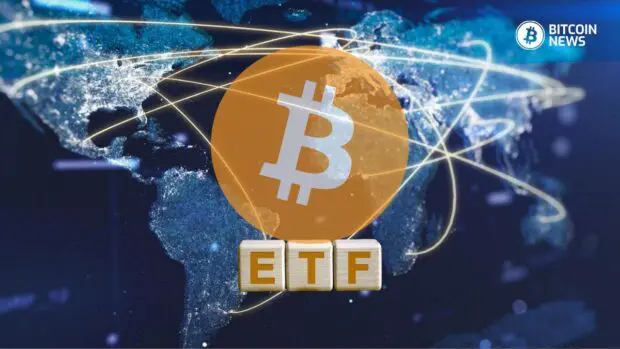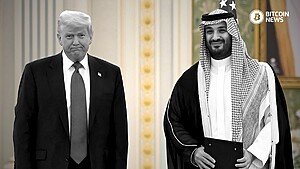The advent of spot Bitcoin ETFs marks a pivotal moment in the history of Bitcoin, potentially channeling massive amounts of capital into the market and amplifying the “number go up” technology. However, amidst this financial evolution, it is crucial to not lose sight of Bitcoin’s foundational principle: a permissionless network.
The Essence of “Permissionlessness”
The revolutionary nature of Bitcoin lies in its permissionless design, allowing anyone, anywhere, to participate without authorization from a central governing body. This is unlike traditional financial systems with barriers and gatekeepers that centralize power and limit access based on geography, wealth, or status. Bitcoin democratizes financial access. It empowers individuals with control over their money by providing a level playing field for anyone who wishes to join.
Related reading: Becoming Economic Independent in the Age of Fiat
Just as anyone can learn and use English by adhering to its rules, anyone can run a node and plug into the Bitcoin protocol by following its predefined consensus rules. It’s going to be hard to explain to kids why they need to go into a bank during business hours to set up an account when they can use a permissionless, 24/7 system. Bitcoin is better because it ensures that transactions on the Bitcoin network are irreversible once confirmed. With this permissionless architecture comes both a significant degree of freedom and a heavy dose of responsibility.
The Threat of Centralization
While spot Bitcoin ETFs are facilitating mainstream adoption by funneling institutional capital into Bitcoin, some skeptics raise concerns about the potential centralization risks. The concentration of significant bitcoin holdings by large financial entities could undermine Bitcoin’s core principles of decentralization and censorship resistance. However, these apprehensions remain speculative rather than substantiated risks at this time. The Blocksize wars demonstrated Bitcoin’s resilience in the face of contentious forks and challenges to its decentralized nature.
The lack of consensus and constant debates among Bitcoiners highlight the network’s decentralized structure, where no single entity can unilaterally impose changes. This dynamic has enabled Bitcoin to navigate challenges while preserving its fundamental values of decentralization, permissionlessness, and financial sovereignty.
Undoubtedly, mainstream adoption is desirable, but preserving Bitcoin’s decentralized essence is equally crucial. The community’s resilience in overcoming past obstacles like the Blocksize wars suggests an ability to adapt and mitigate potential threats stemming from spot ETFs, should they materialize.
Related reading: Bitcoin ETFs Provide Convenient Price Exposure, But At What Cost?
The True Value(s) of Bitcoin
Bitcoin’s allure stems from its function as a sound store of value and its remarkable financial growth trajectory. It offers a censorship-resistant and pseudonymous system, empowering individuals with an alternative to the pervasive surveillance of traditional fiat currencies controlled by central authorities.
However, these revolutionary attributes often take a backseat to the more immediate lure of potential wealth accumulation, as the phrase ‘number go up’ encapsulates the primary incentive for many to embrace this digital asset. Bitcoin’s capacity to foster a better world by dismantling financial barriers and democratizing access to money is merely a positive second order effect.
You can rely on human incentives like greed to drive people. Bitcoin also provides profound values in the fact that’s its unfreezable if one has the private keys.
That’s why it’s better to hold Bitcoin in self-custody versus a proxy which gives someone exposure to the underlying. Losing the ability to have censorship resistant bitcoin would undermine its growth potential and thus stop all the capital influx and market growth that Uncle Larry has brought to the space.
Preserving the Permissionless Ethos
Therefore, as the Bitcoin ecosystem evolves and grows with the unlocking of spot Bitcoin ETFs, it’s imperative to uphold and prioritize the permissionless nature of the network. This ensures that Bitcoin remains a tool for financial empowerment and freedom, rather than just another asset class dominated by the traditional financial system. Which is not necessarily a bad thing. The financial system desperately needs collateral and bitcoin is the perfect collateral. However, if Bitcoin can help the little guy as well that’s amazing and beneficial to the world.
Conclusion
Bitcoin possesses the most effective memetic warfare in human history so it will win.











